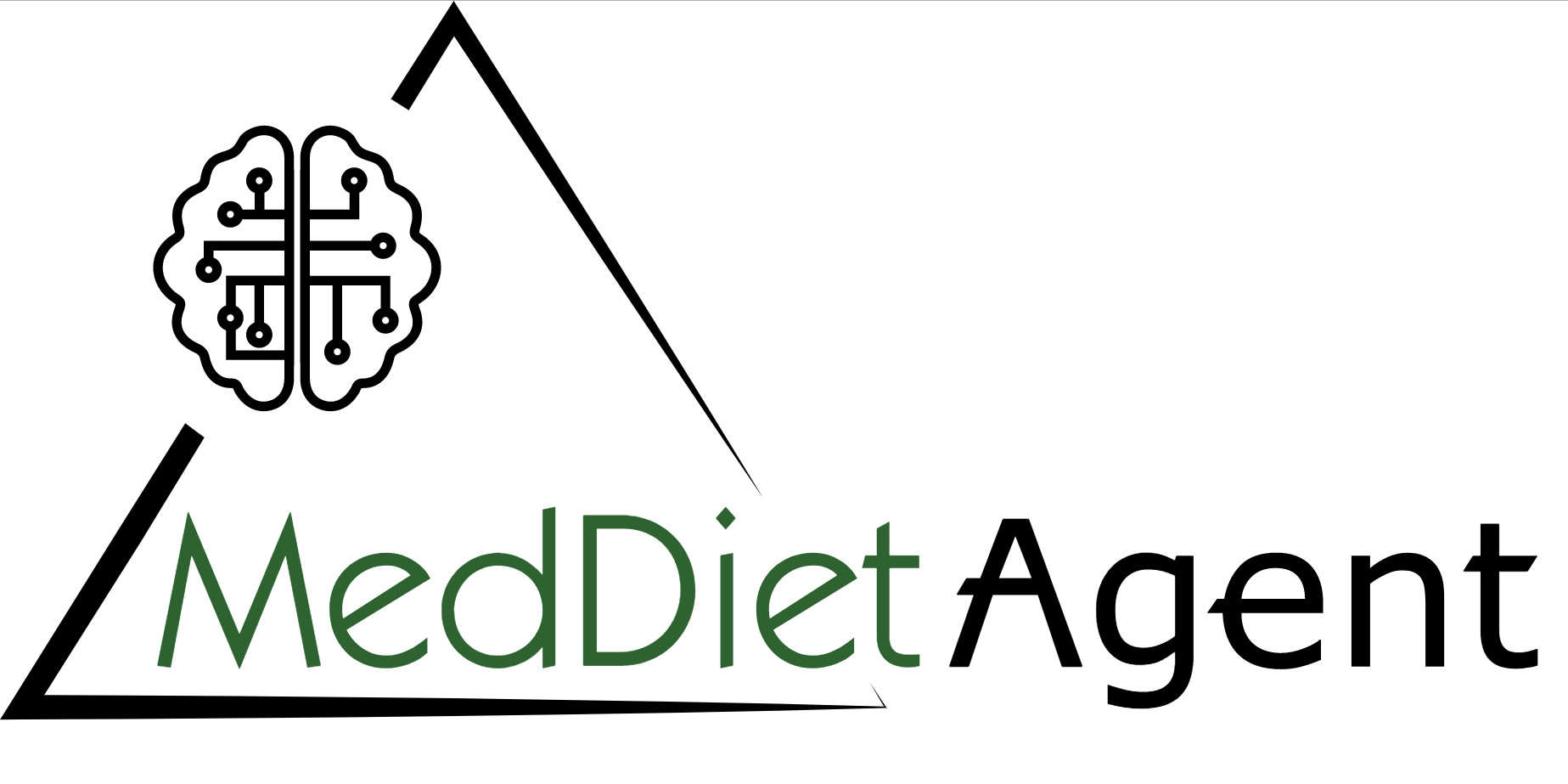Agriculture and Environment
RoseHam
Sustainable utilization of aromatic herbs residues for the production of high added value meet products
The aim of the proposed project is the development of an appropriate methodology in order to optimize the extraction of valuable phytochemicals from the residues that are collected after the distillation of roses or other Greek aromatic herbs (lavender, oregano, etc) when producing essential oils. As a first step, the residues will be thoroughly evaluated by measuring their physicochemical properties, their biological activity and their sensory attributes, with the purpose of applying these valuable by-products for producing novel foods, with improved functional properties, an application that also contributes to enhancing the ecological sustainability. Besides maximizing the commercial exploitation of the by-products (that in the present practice are either directly rejected to the environment or underused as animal feed), the scope of this project is to bridge the gap between aromatic herb cultivator and end user (meat industry) in a common attempt to solve an existing, rather important issue, that is the use of nitrates as preservatives.
This will be accomplished by introducing -in the first place- the extracts (obtained from the herbs/roses' distillation by-products) into the selected meat products, replacing partially or totally the traditional nitrates used as preservatives, and then, conducting a thorough study of the properties (microbial load, color, shelf life) of the innovative products.
For more information click here
MedDietAgent
An Intelligent Context-aware System for Harmonizing Individual Dietary Choices with Mediterranenan Diet in Greece based on Reinforcement Learning
MedDietAgent is a context-aware mobile computing system aiming at harmonizing one individual’s dietary choises with national dietary guidelines, and more specifically, dietary patterns consistent with the Greek culinary culture, emphasizing the Mediterranean diet. The main innovative element of the MedDietAgent consists in the employment of reinforcement learning techniques, which provide dynamic recommendations by monitoring the user’s environment and targeting at optimizing a reward function.
Thus, MediDietAgent acts as an agent which progressively aligns the daily dietary choices to the healthy Mediterranean style, by continuously monitoring the user’s dietary history along with his/her pertinent context and according to the extent at which the personal nutritional goals have been achieved. The dietary state of an individual, which formulates the reinforcement leaning algorithm’s input, is captured by combining multimodal food recording and automated food nutritional analysis. In particular, MedDietAgent employs machine learning for natural language processing and compute vision in order to enhance the granularity level of food recording and analysis, minimizing, in parallel, the time complexity of the food recording procedure.
Accordingly, the MedDietAgent data representation model will be based on holographic imaging technologies, aiming at increasing the commitment to the proposed application, and eventually. the degree of compliance with the Mediterranean dietary pattern. MedDietAgent's functionality will be tailored to the user’s personal preferences and those environmental factors affecting his / her choices and decisions (at home, in the work environment, in the restaurant, on holidays). MedDietAgent targets healthy adults or chronic disease patients taking into account additional medical parameters.
WATSON
A holistic frameWork with Anticounterfeit and inTelligence-based technologieS that will assist food chainstakehOlders in rapidly identifying and preveNting the spread of fraudulent practices. (HORIZON-CL6-2022-FARM2FORK-01-11)
WATSON provides a methodological framework combined with a set of tools and systems that can detect and prevent fraudulent activities throughout the whole food chain thus accelerating the deployment of transparency solutions in the EU food systems. The proposed framework will improve sustainability of food chains by increasing food safety and reducing food fraud through systemic innovations that a) increase transparency in food supply chains through improved track-and-trace mechanisms containing accurate, time-relevant and untampered information for the food product throughout its whole journey, b) equip authorities and policy makers with data, knowledge and insights in order to have the complete situational awareness of the food chain and c) raise the consumer awareness on food safety and value, leading to the adoption of healthier lifestyles and the development of sustainable food ecosystems. WATSON implements an intelligence-based risk calculation approach to address the phenomenon of food fraud in a holistic way. The project includes three distinct pillars, namely, a) the identification of data gaps in the food chain, b) the provision of methods, processes and tools to detect and counter food fraud and c) the effective cross border collaboration of public authorities through accurate and trustworthy information sharing. WATSON will rely upon emerging technologies (AI, IoT, DLT, etc.) enabling transparency within supply chains through the development of a rigorous, traceability regime, and novel tools for rapid, non-invasive, on-the-spot analysis of food products. The results will be demonstrated in 6 use cases: a) prevention of counterfeit alcoholic beverages, b) preservation of the authenticity of PGI honey, c) on-site authenticity check and traceability of olive oil, d) the identification of possible manipulations at all stages of the meat chain, e) the improved traceability of high-value products in cereal and dairy chain, f) combat of salmon counterfeiting.
